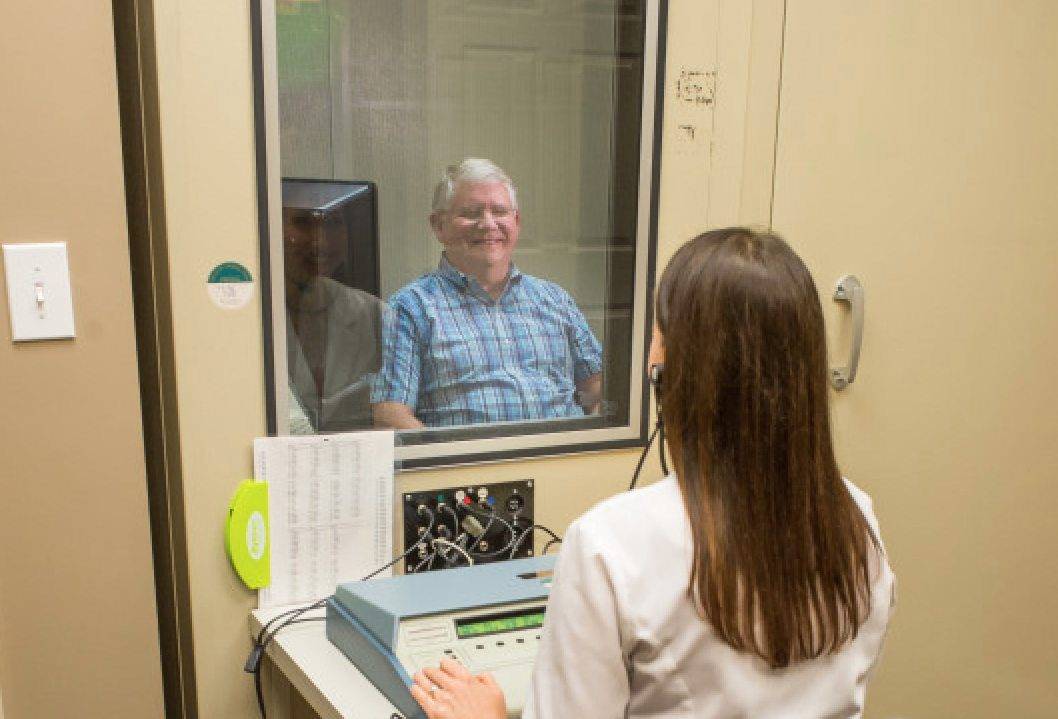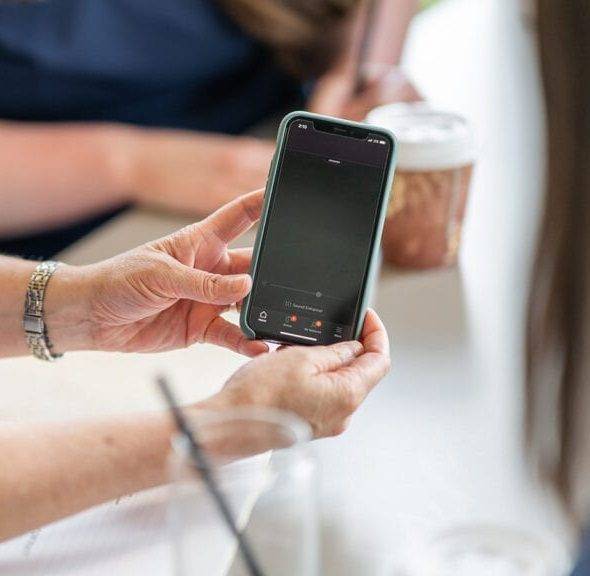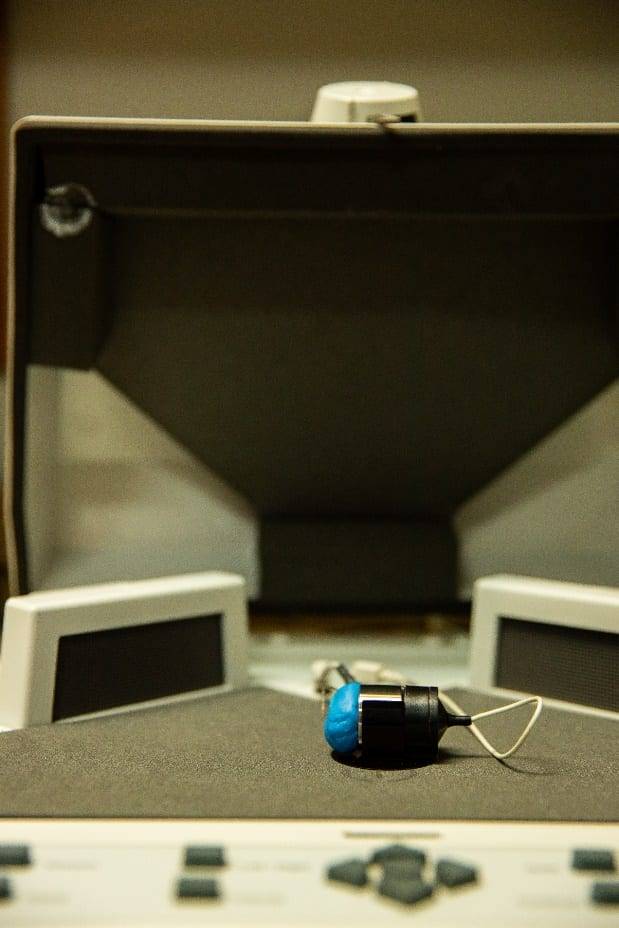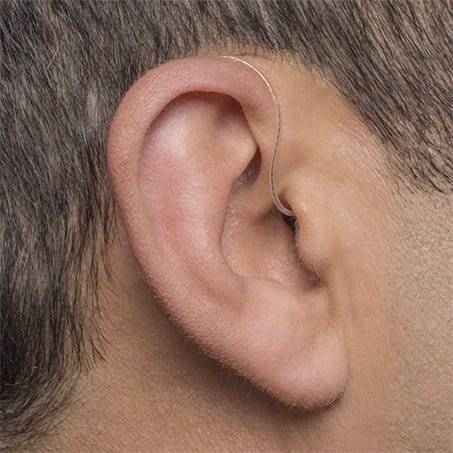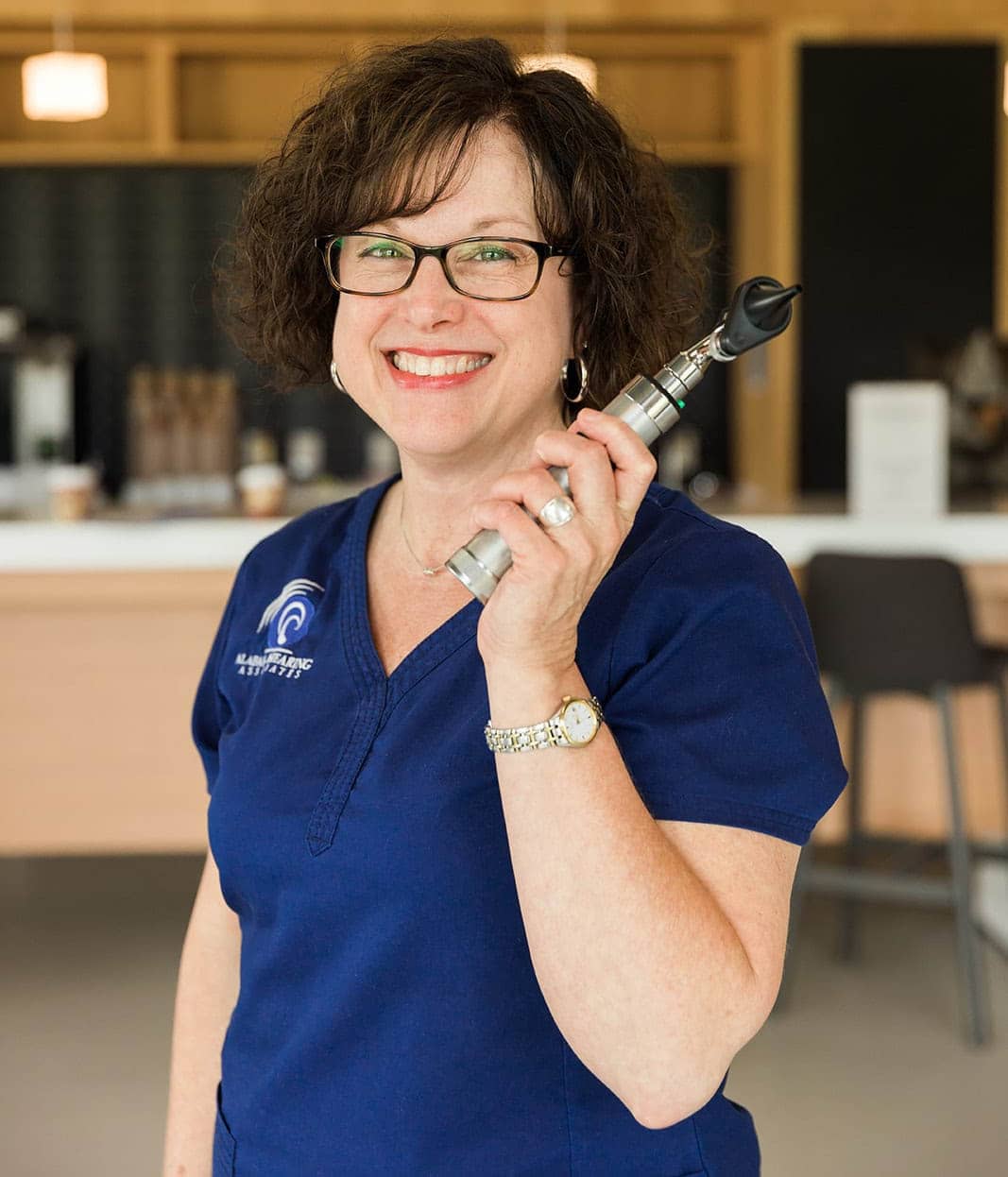Connect 365

A Comprehensive 12-Step Functional Hearing Assessment
If you struggle to understand conversations in social situations, restaurants, or other noisy environments, you do not need to schedule a basic hearing test. You certainly don’t need to schedule a “free” hearing screening or online hearing test.
You need to schedule a “Connect 365” Functional Hearing Assessment at Alabama Hearing Associates!
We refer to the basic hearing test as “Beep Beeps” because we ask you to push a button or raise your hand when you hear a series of beeps or tones presented at various pitches. Then we ask you to repeat back single words at the perfect volume in a soundproof booth.
The basic hearing test tells us nothing about how you hear in the real world!
Hearing is what connects you to your family, friends and co-workers. Untreated hearing loss creates a barrier to good communication and is closely tied to changes in cognition, cardiovascular function, diabetes, balance/falls, and more. Connecting with others every day, 365 days a year, is critical for long term health!
If you’re anything like us, you want to ensure that there are no sacrifices or short-cuts when it comes to medical care for you and your family.
The “Connect 365” Functional Hearing Assessment was developed for those who want a full and detailed assessment of communication, from ears to brain.
You hear with your ears, but you listen with your brain, and that’s why you want to schedule a Functional Hearing Assessment at Alabama Hearing Associates.

“Connect 365” Functional Hearing Assessment
#1 - All About You
Before your appointment, we will ask you to complete several questionnaires using our easy, HIPAA compliant online portal.
Your medical history is important. Changes in hearing are closely tied to changes in cognition, cardiovascular function, diabetes, balance/falls, and more. We will ask about your medications because some medications can affect hearing and cause tinnitus.
Untreated hearing loss creates a barrier to good communication with family, friends and co-workers. Over time, untreated hearing loss can lead to feelings of isolation, anxiety, fatigue, and depression. We want to know how your hearing difficulties may be affecting your day-to-day life and how you feel about that.
#2 - All About Your Connections
The people you spend the most time with often notice your hearing loss before you do. As you complete our questionnaires, you might ask for their input. Since our goal is to reconnect you with others, we encourage your most significant “other” to join you for the appointment.
#3 - When You Arrive
For the continued safety of our patients, please take the following steps.
- Call by cell phone when you arrive at our office.
- Answer the screening questions to the best of your ability. If you or members of your household are waiting on results from a COVID test or have any COVID related symptoms, we will reschedule your appointment for a later date.
- If you did not complete the intake forms online, our staff will either direct you to do so in your car or come to the waiting room.
- Don’t forget your mask! Wait in your car until someone waves you in.
Once inside, we sanitize our hands and take the temperature of you and your companion before proceeding with the evaluation.
#4 - Meet the Doctor
Once you’re in a private room with your Doctor of Audiology, we will have a conversation about your family history, medical history, medications, occupation and lifestyle.
We will use your answers to our pre-evaluation questionnaire to help guide this conversation as we explore the various struggles you have been experiencing and the goals you hope to accomplish through better hearing.
#5 - Examination of Your Ears
Using an otoscope, a handheld tool with a magnifying lens and bright light, we will do a close-up inspection of your ear canal.
The purpose of our inspection is to identify anything that could be creating a sound barrier, such as ear wax. Though ear wax has a purpose, too much of it can impact your hearing. If we see too much, we will carefully and gently remove it using special tools, suction, or irrigation.
#6 - Cognitive Screening
#7 - Hearing Test
The basic hearing test determines the type and degree of hearing loss and lets us know if any of your hearing challenges are medically treatable.
You will be seated in a soundproof booth and single-use, foam earphones will be inserted into your ear canals. The Audiologist will ask you to push a button or raise your hand when you can barely hear a series of beeps (tones) presented at various frequencies (pitches).
Click Here for more information.
#8 - Sound Tolerance test
After we determine the softest sounds you can hear, your baseline, we test your sound preferences using loud tones and recorded conversational speech. This test allows us to understand which sounds are uncomfortably loud for you and how long you can tolerate being in noisy situations. Your sensitivity impacts which hearing devices we choose and how we program them.
#9 - Word Recognition test
With the earphones still in place we will test your ability to understand short words at a comfortable volume with no competing background noise.
#10 - Hearing in Noise Test
The insert earphones are removed, and you will be asked to repeat recorded sentences presented at a conversational volume from the speakers in the soundproof booth. Background noise will also be coming from the speakers at a slightly softer volume than the sentences. This test measures how well you can understand speech in a real-world environment and how much listening effort was required.
This information helps us recommend the best treatment options for you, including hearing aid selection/programming, wireless accessories, and auditory rehab.
#11 - Aided Hearing in Noise Test
We want you to hear the difference properly programmed hearing aids can make, so we use Real Ear Measurement to fit and program hearing aids to ensure good audibility for speech. Then you will go back into the booth and we’ll repeat the Hearing in Noise Test.
You will be pleasantly surprised when word recognition goes up and listening effort goes down!
#12 - Development of Your "Connect 365" Treatment Plan
After a detailed discussion of the results of your Functional Hearing Assessment, we will work together to develop your “Connect 365” Treatment Plan, which will include the “Five Keys Communication” auditory rehab program.
We will recommend the best prescription hearing aid technology for your hearing loss, listening needs, preferences, and lifestyle. Once we agree on the hearing aids, you will choose your ongoing maintenance plan. We are here for you each step of the journey.
As your health, hearing, and lifestyle change over time we will reevaluate and adjust your plan as needed.
Ready to schedule a “Connect 365” Functional Hearing Assessment? Call us at (256) 319 4327 or complete the form on this page.
Frequently Asked Questions About a “Connect 365” Functional Hearing Assessment
Q: How long does a “Connect 365” Functional Hearing Assessment take?
The “Connect 365” Functional Hearing Assessment is a thorough evaluation of hearing, from the ears to the brain. Each assessment is unique, depending on your specific needs and concerns. On average, it takes 1½ to 2 hours.
Q: Should I have this instead of a basic hearing test?
Do you struggle to understand conversations in noisy situations, like a restaurant or social gathering? How do you feel about changes in your memory, ease of listening, or losing connections with family and friends? If you have concerns and would like to address these challenges early, then a “Connect 365” Functional Hearing Assessment is right for you.
Q: Will my insurance cover this?
No, the “Connect 365” Functional Hearing Assessment is an out-of-pocket investment into your overall communication health. It is typically done as an add-on to the basic hearing evaluation, which may be covered by insurance in some cases. The “Connect 365” Functional Hearing Assessment costs between $195-235, depending on your insurance status.
Schedule Your “Connect 365″ Functional Hearing Assessment
The Functional Hearing Assessment was developed for those who want a full and detailed assessment of communication, from ears to brain.
To schedule your assessment, simply complete this form and a member of our team will contact you shortly to find a date/time that works for you.

